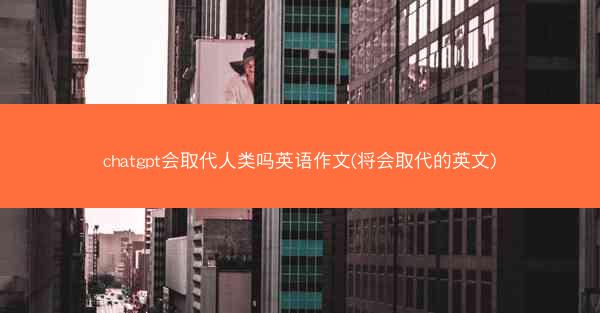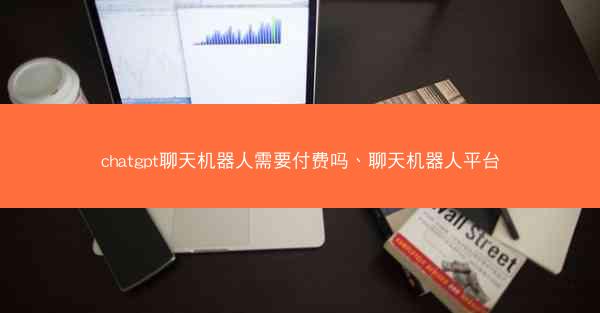chatgpt会取代人类吗英语作文(将会取代的英文)
 telegram中文版
telegram中文版
硬件:Windows系统 版本:11.1.1.22 大小:9.75MB 语言:简体中文 评分: 发布:2020-02-05 更新:2024-11-08 厂商:纸飞机中文版
 telegram安卓版
telegram安卓版
硬件:安卓系统 版本:122.0.3.464 大小:187.94MB 厂商:telegram 发布:2022-03-29 更新:2024-10-30
 telegram ios苹果版
telegram ios苹果版
硬件:苹果系统 版本:130.0.6723.37 大小:207.1 MB 厂商:Google LLC 发布:2020-04-03 更新:2024-06-12
跳转至官网

Will ChatGPT Replace Humans? A Deep Dive into the Future of AI
In the rapidly evolving landscape of artificial intelligence, one question that often echoes through the corridors of innovation is: Will ChatGPT, the groundbreaking AI chatbot, replace humans? This essay delves into this thought-provoking query, exploring the potential impacts of AI on various aspects of human life.
---
The Rise of ChatGPT: A Game-Changing AI
ChatGPT, developed by OpenAI, has taken the world by storm with its ability to engage in natural conversations, providing accurate and contextually relevant responses. This AI chatbot has been trained on vast amounts of text data, enabling it to understand and generate human-like language. The question of whether it will replace humans is not just academic; it has far-reaching implications for the future of work, education, and even social interactions.
Workforce Transformation: Will AI Take Over Jobs?
One of the most pressing concerns is the potential displacement of human workers by AI like ChatGPT. Industries such as customer service, content creation, and data analysis are already witnessing the integration of AI, which can perform tasks faster and more accurately than humans. However, it's important to note that while AI might automate certain roles, it is also likely to create new job opportunities that require a human touch, creativity, and emotional intelligence.
Education: The AI-Powered Classroom
The educational sector is not immune to the influence of AI. ChatGPT could revolutionize learning by providing personalized tutoring, instant feedback, and even grading assignments. While this might streamline the learning process, it also raises questions about the role of teachers and the value of human interaction in education. The balance between technology and human touch in the classroom is a delicate one, and its outcome will shape the future of learning.
Social Interactions: The Human Connection
AI like ChatGPT has the potential to enhance social interactions by providing real-time translation services, virtual companionship, and even emotional support. However, the essence of human connection goes beyond mere communication. The depth of empathy, the complexity of emotions, and the nuances of human relationships are aspects that AI might struggle to replicate. The question is whether we are willing to trade these intangible benefits for efficiency and convenience.
The Ethical Dilemma: AI and Human Rights
As AI becomes more sophisticated, ethical considerations come to the forefront. The potential for AI to make decisions that affect human rights and well-being cannot be overlooked. Ensuring that AI systems are transparent, accountable, and designed with human values in mind is crucial. The debate over the ethical implications of AI like ChatGPT is a reminder of the responsibility we share in shaping its future.
The Future: A Human-Centric Approach
While the possibility of ChatGPT replacing humans is a topic of concern, a more nuanced perspective suggests that the future lies in a harmonious coexistence of AI and human capabilities. By leveraging AI to augment human strengths, we can create a future where technology enhances our lives, rather than replaces us. The key is to approach AI development with a human-centric approach, ensuring that technology serves as a tool to empower, not displace, humanity.
In conclusion, the question of whether ChatGPT will replace humans is not a straightforward one. It encompasses a complex interplay of technological advancements, social dynamics, and ethical considerations. As we navigate this AI-driven future, it is crucial to remember that the essence of humanity lies not just in our ability to create and innovate, but in our capacity for empathy, creativity, and connection.












